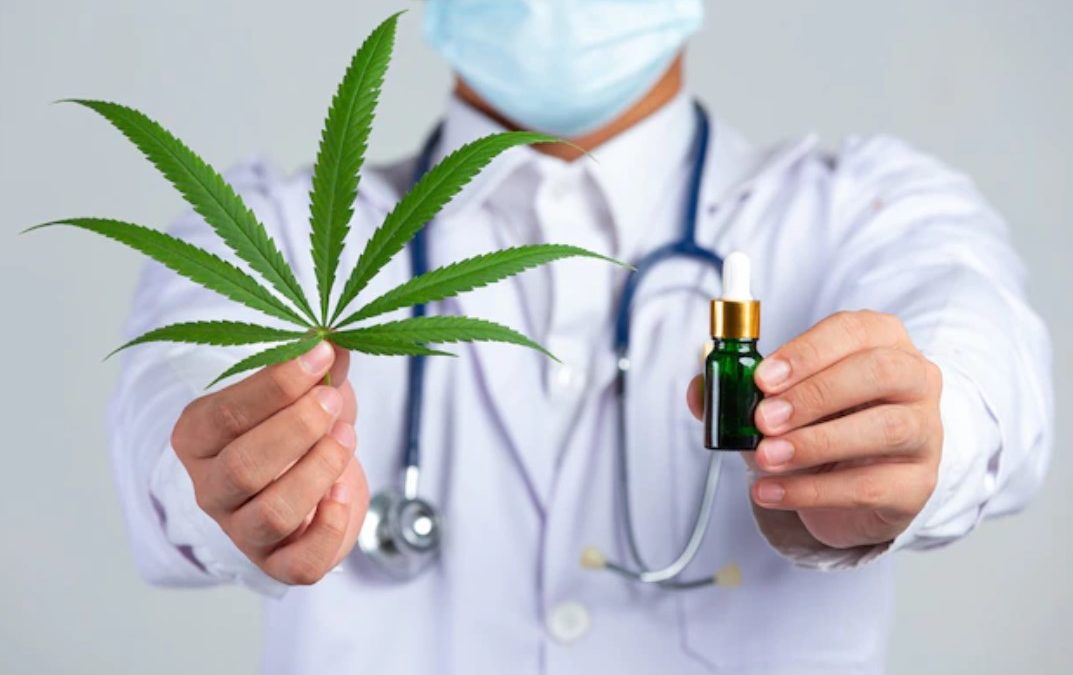CBD stands for the term cannabinoid. Cannabinoids are naturally occurring compounds present in cannabis, often known as marijuana, and hemp. Today, CBD oil is available in capsules, oil bases for vaporizers, tinctures, culinary goods, and beauty items such as bath bombs and lotions.
Some of these claims are the subject of current research, and it is still much about CBD that we do not know but are attempting to discover.
Health Benefits
When it comes to the full potential of CBD, researchers are hunting for answers. What have they learned in the interim? Certain types of epilepsy are recognized, and preliminary research indicates that it may also be effective for a variety of anxiety problems.
Approved to Treat Epilepsy
In 2018, the first CBD-containing FDA-approved medicine, cannabidiol (Epidiolex), was introduced to treat two distinct types of epilepsy: Dravet syndrome and Lennox-Gastaut syndrome.
The FDA authorized the medication for youngsters as young as two. Studies demonstrated that it was more effective than a placebo at reducing the frequency of seizures.
Anxiety
A 2015 review paper in a medical journal examined the effects of CBD on a variety of anxiety illnesses, such as generalized anxiety disorder, seasonal affective disorder, panic disorder, and post-traumatic stress disorder.
The results indicated that there was “good preclinical evidence” to support the use of CBD for the treatment of anxiety disorders, while additional research is required to determine the optimal dosage for long-term use.
Antipsychotic Properties Studies reveal that CBD may reduce psychotic symptoms in patients with schizophrenia and other mental health problems.
Abuse of substances treatment. CBD may be useful for reducing anxiety and depression in individuals with a drug habit, including heroin.
Benefits
CBD may provide a variety of health benefits.
According to a 2018 study, the following are reasons for consuming CBD oil:
• Chronic pain
• Arthritis or joint pain
• Anxiety and depression
• Sleep disorder
• Migraine
• Cluster and other headaches
• Post-Traumatic Stress Disorder (PTSD)
• Nausea
• Cancer
• Allergies or asthma
• Epilepsy and other seizure disorders
• Multiple sclerosis (MS)
• Lung conditions
• Parkinson’s disease
• Alzheimer’s disease
Possible life extension for glioblastoma patients. Recent studies suggest that treatment with a combination of CBD and THC may help extend the lives of certain patients with glioblastoma, an aggressive form of cancer; nevertheless, further study is required.
Possible improvement in sleep. Several studies suggest that CBD may enhance sleep in individuals with specific sleep problems; nevertheless, additional study is required.
Before using any CBD product, you should consult with your doctor to determine an appropriate dosage. This strategy should also take your symptoms and any medications or supplements you may be taking into account.


Great write-up! The points discussed are highly relevant. For those wanting to explore more, this link is helpful: FIND OUT MORE. What are your thoughts?
Great execution!